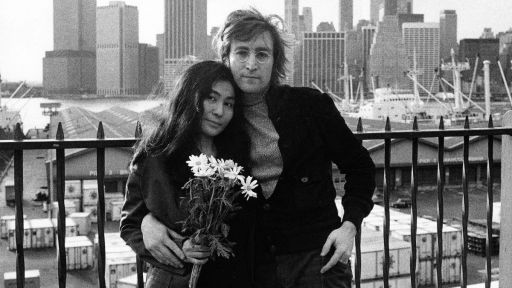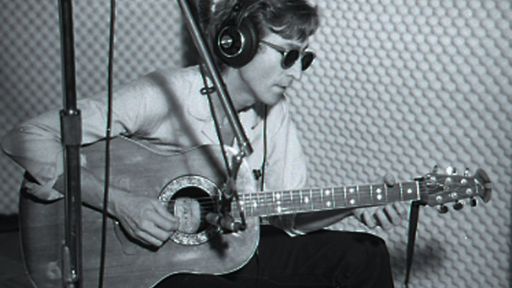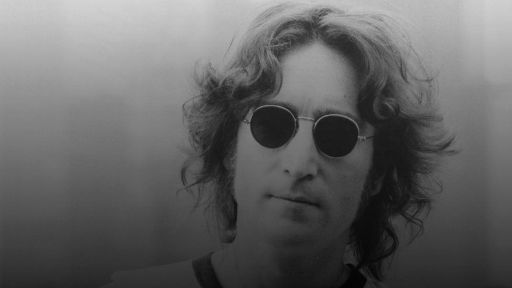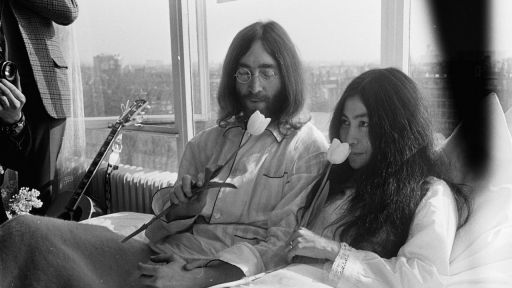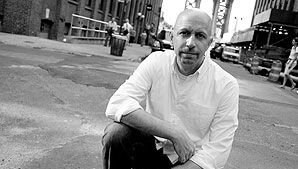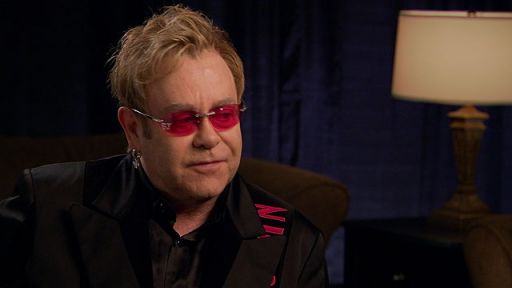LENNONYC takes an intimate look at the time Lennon, Yoko Ono and their son, Sean, spent living in New York City during the 1970s.
“New York became a part of who John and I were,” said Ms. Ono. “We couldn’t have existed the same way anywhere else. We had a very special relationship with the city, which is why I continue to make this my home, and I think this film captures what that time was like for us very movingly.”
“The period that Lennon lived with his family in New York is perhaps the most tender and affecting phase of his life as a public figure,” said Susan Lacy, series creator and former executive producer of American Masters as well as a producer of the Lennon film. “Just as the generation that had grown up with the Beatles was getting a little older and approaching a transitional time in their lives as they started families, they saw this reflected in Lennon as he grew from being a rock star icon into a real flesh and blood person.”
“I have long been moved by the honesty and directness of John’s music,” said Michael Epstein, LENNONYC director, producer and writer. “And, by using never-before heard studio talkback of John from this period, I think I was able to give the viewer a window into John Lennon that had not been put to film before.”
Following the breakup of the Beatles, Lennon and Ono moved to New York City in 1971, where Lennon sought to escape the mayhem of the Beatles era and focus on his family and private life. At the same time, he created some of the most acclaimed songs and albums of his career, most of them written at his apartment at The Dakota on Manhattan’s Upper West Side, including Mind Games, Whatever Gets You Thru the Night, I’m Losing You, and Woman. He also remained highly active in the anti-war movement as well as numerous other progressive political causes.
As much as New York made an impact on Lennon and Ono by offering them an oasis of personal and creative freedom, so too did they shape the city. At a time when New York faced record high crime, economic fallout and seemed to be on the verge of collapse, Lennon and Ono became a beloved fixture in neighborhood restaurants, at Central Park, at sports events and at political demonstrations.
Lennon and Ono also bonded with millions of their fellow New Yorkers in their experience as immigrants. The film traces their struggle to remain in the U.S. when the Nixon administration sought to deport them, supposedly based on a narcotics violation, but which Lennon insisted was in response to his anti-war activities.
LENNONYC features never-before heard studio recordings from the Double Fantasy sessions and never-before-seen outtakes from Lennon in concert and home movies that have only recently been transferred to video. It also features exclusive interviews with Ms. Ono, who cooperated extensively with the production and offers an unprecedented level of access, as well as with artists who worked closely with Lennon during this period, including Elton John and photographer Bob Gruen (who took the iconic photograph of Lennon in front of the skyline wearing a “New York City” t-shirt).

